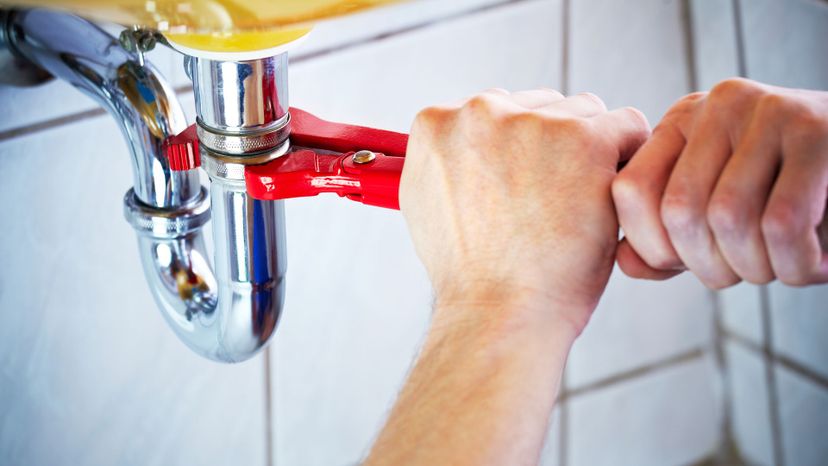
About This Quiz
It's good to the last drop! Take a break and flush all your cares away with this awesome plumbing tools quiz!
Plumbing as a profession has been around for millennia. Over that time, plumbing tools have evolved to suit innovation and developments in plumbing material, as well as building design. Some plumbing tools are the same as those used by other tradesmen and as such, they are fairly easy for most of us to identify. Other tools used by plumbers are ones most homeowners are familiar with from doing their own repair projects around the house.
There are some highly specialized tools, however, which it will take a skilled plumber or do-it-yourselfer to recognize. A few are used every day by some plumbers, while there are those which only get called into action for specific jobs - when no other tool will do. It's a good thing plumbers know what they are and exactly how to use them!
Plumbers provide a very valuable service and they have some pretty amazing tools to help them do it. Are you a member of this noble profession or a DIY weekend warrior? Come show your stuff and prove you know the tools of the trade. Take the quiz!
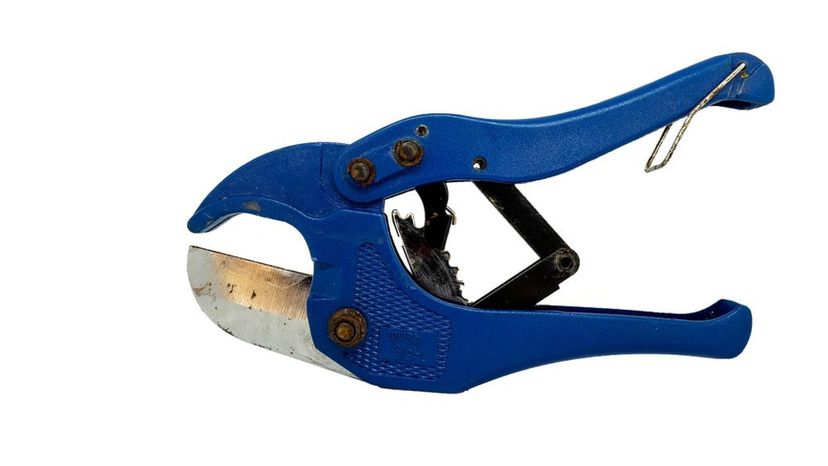
The pipe cutter does the same job as a hacksaw - it cuts pipes and tubes. They tend, however, to do the job quicker and leave a cleaner cut.
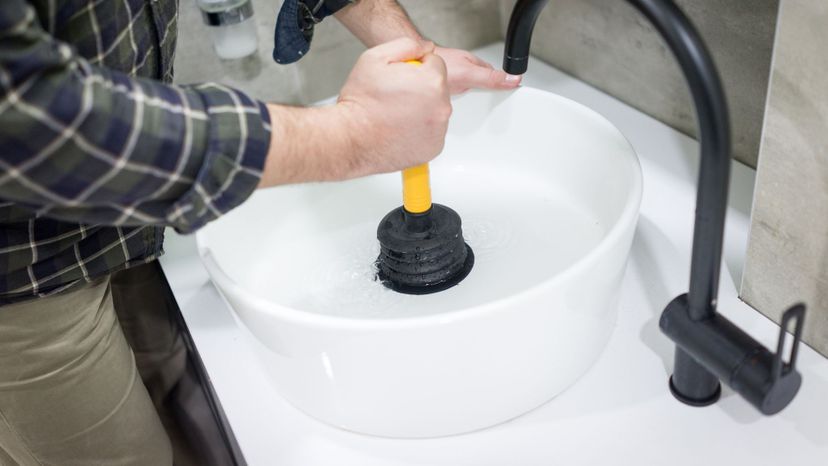
It is easy to tell the difference between a sink plunger and a toilet plunger - just look at the cups. The sink plunger's cup is a simple rubber hemisphere while the cup of the toilet plunger has an extension flange below the rubber hemisphere.
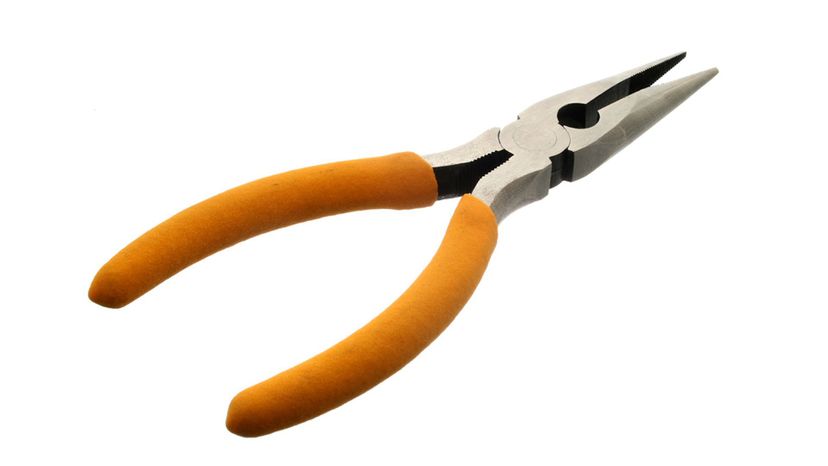
Just as their name suggests, the needle-nose pliers have long, narrow jaws which taper toward the end. The jaws are made straight, curved or angled so that the needle-nose pliers can perform a variety of jobs in different spaces.
Advertisement
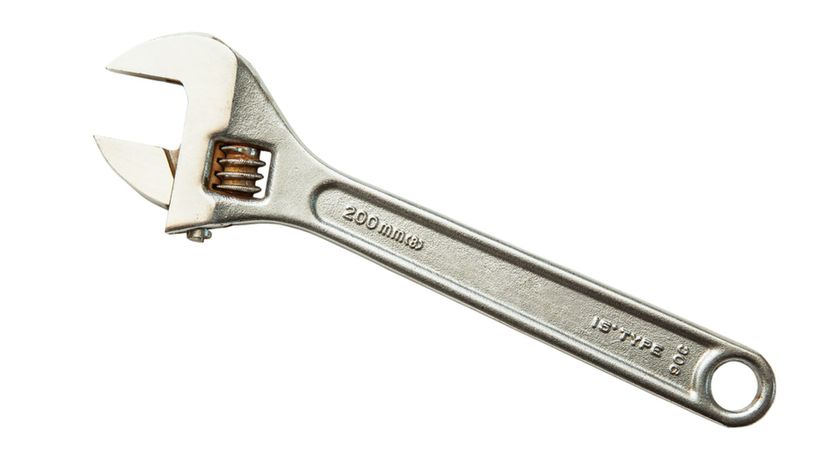
The adjustable wrench or crescent wrench is made with one fixed jaw and one moveable jaw. They can be adjusted to fit a range of nuts, bolts and pipes of different sizes. Some adjustable wrenches are self-adjusting.
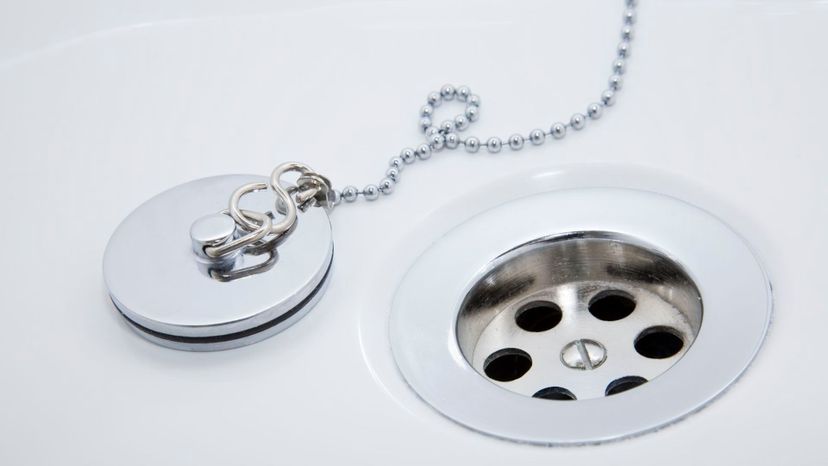
There are two types of sink plugs. The older version (sometimes called a chain plug) is made of rubber and held by a chain which is attached to the sink. The newer version is the pop-up plug which is incorporated into the design of the drain and is operated by a lever assembly.
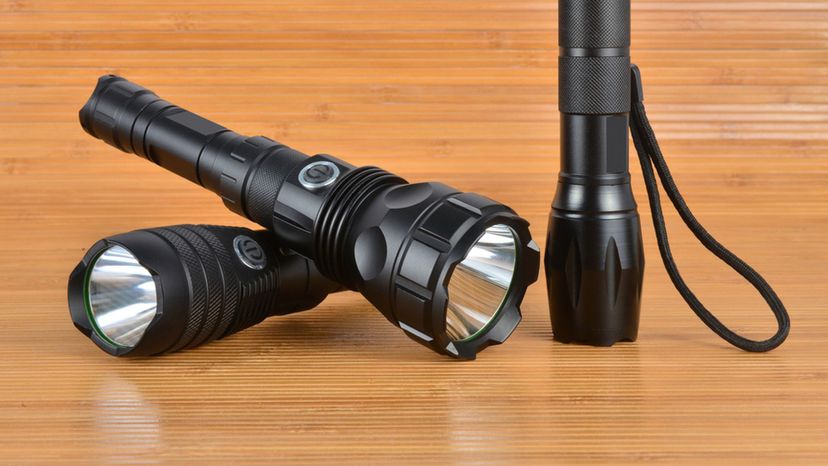
Plumbers often work in tight, dark spaces with the need for a light source in order to get their work done. A conventional flashlight can be very useful but cumbersome to hold and direct where the light is needed. In these cases, a headlamp may prove to be a better choice.
Advertisement
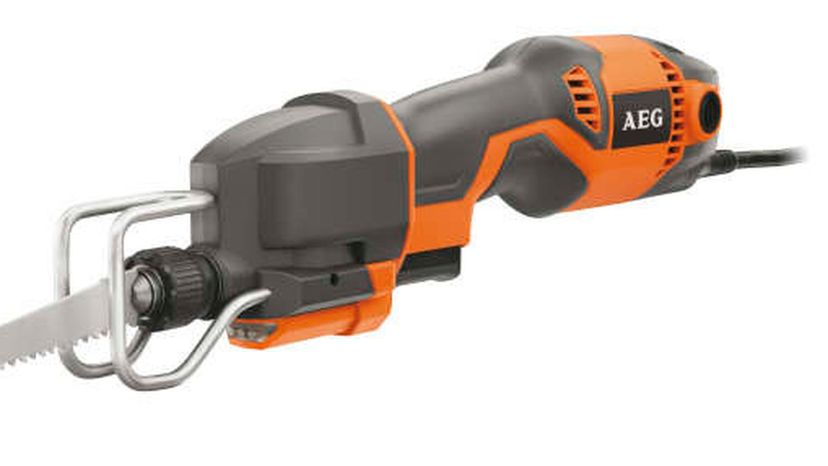
The sabre saw is sometimes called a jigsaw, with some people making a distinction between the names based on the size of the tool. This powered cutting tool can slice through many different types of materials, including metal, plastic and wood.
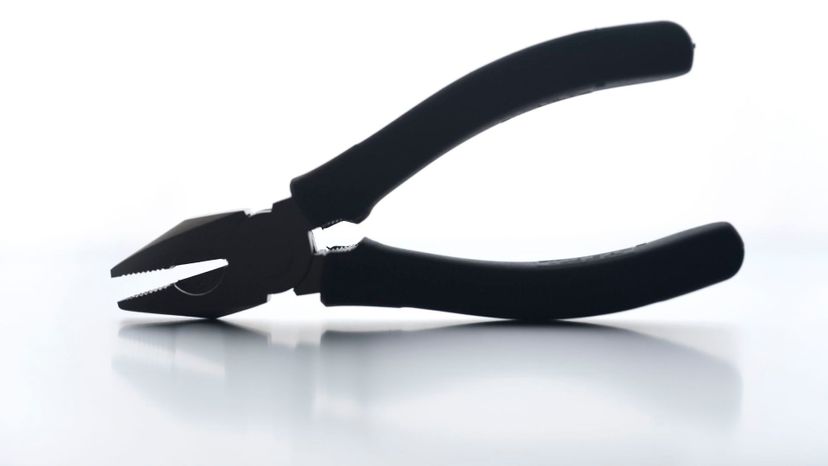
Slip joint pliers are made with a pivot which allows you to adjust how much the jaws open. Some slip joint pliers will only adjust to two positions, but there are others which will open to three or more positions.
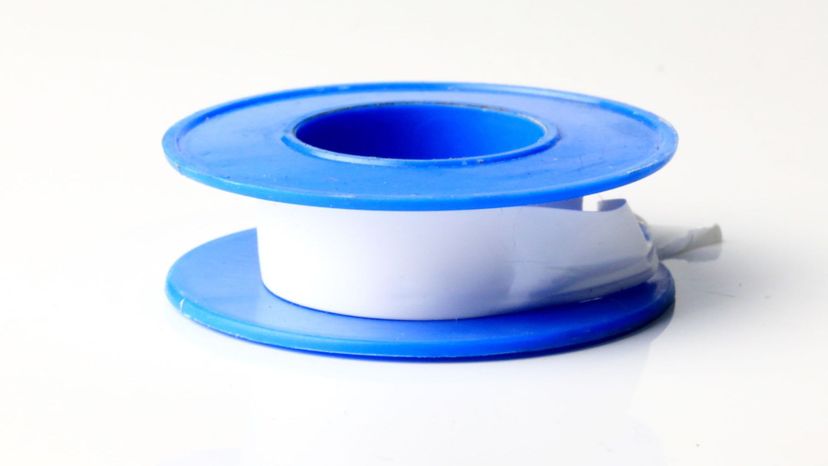
Plumbers usually reach for thread sealing tape when there is no built-in rubber seal, but a watertight seal is required. The scientific name for thread sealing tape is polytetrafluoroethylene, which is often shortened to PTFE. Thread sealing tape is also sometimes called Teflon tape or plumber's tape.
Advertisement
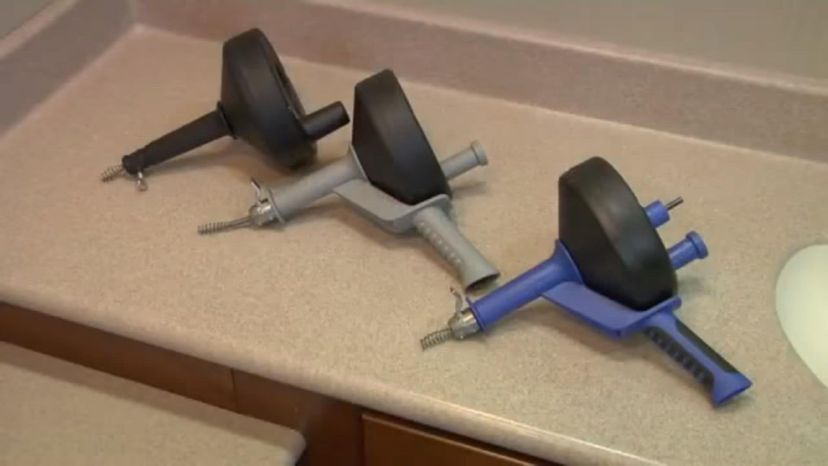
A drain snake is the tool to reach for when a clogged basin or toilet drain cannot be cleared by a plunger. The drain snake is a type of auger, and while many are manual, some are motorized and others can be fitted to a drill for turning power.
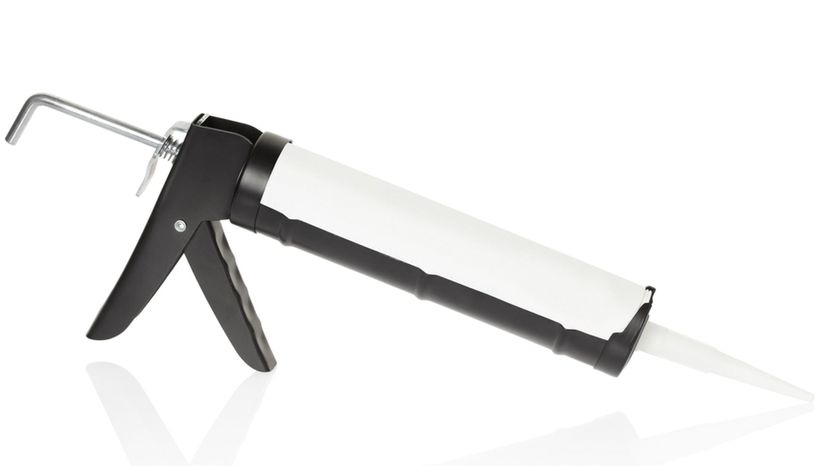
Caulking can be made from several different materials, but two of the most common ones are silicone and latex. Caulking guns are designed to work equally well with a variety of caulking.
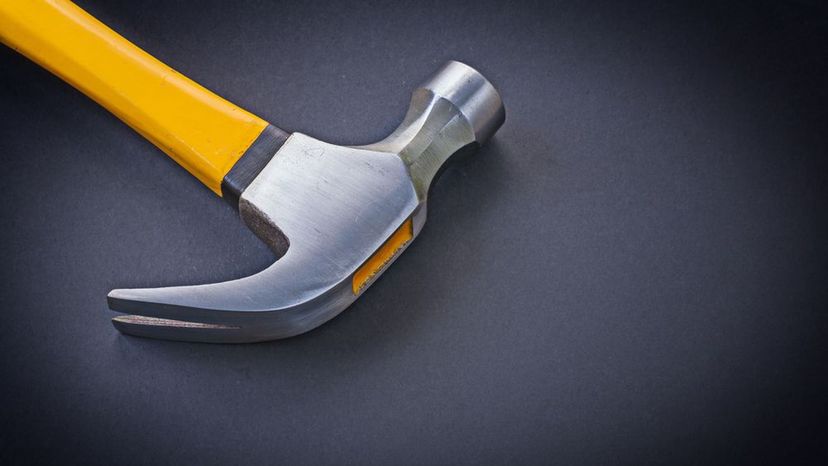
A claw hammer serves two basic functions - one side of its head is used for driving in nails and the other for pulling them out. Claw hammers typically have a curved claw but those with a straight claw are called rip claw hammers. Large, heavy claw hammers are called framing hammers.
Advertisement
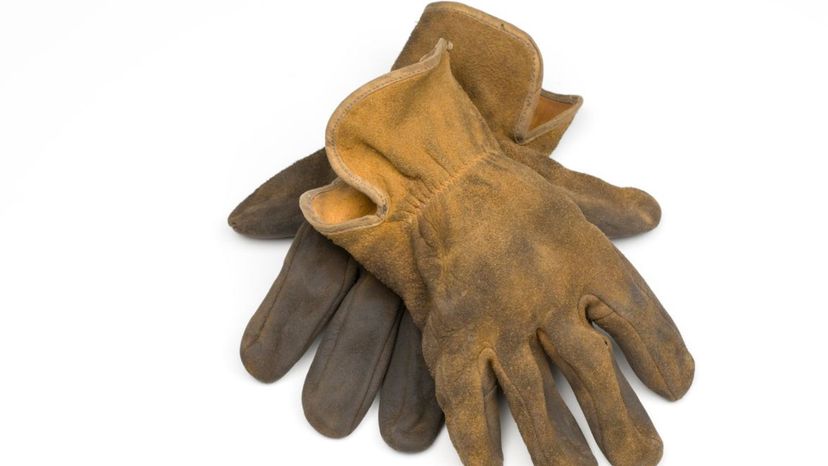
Plumbers work with sharp, potentially dangerous tools and sometimes with caustic chemicals. For this reason, protective gear such as heavy duty gloves made of nitrile, are essential.
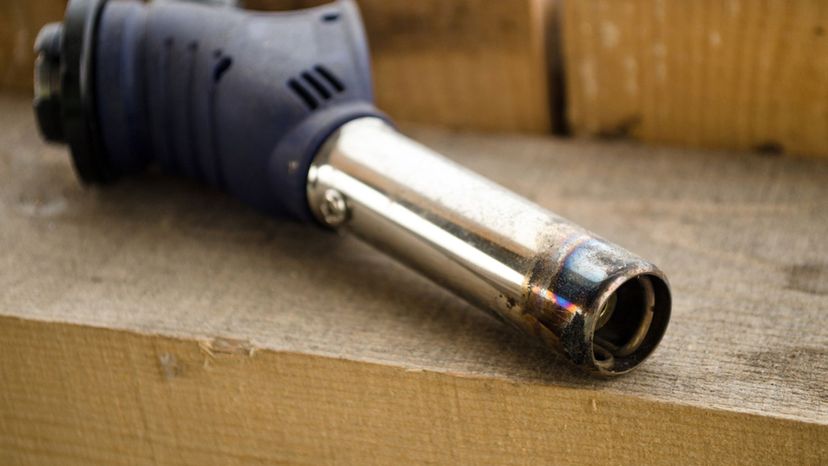
Plumbers often use a blowtorch when they need to solder pipes. The blowtorch comes in handy in many other ways, however, as it can also be used to help free stuck nuts and bolts or to melt water frozen in pipes.
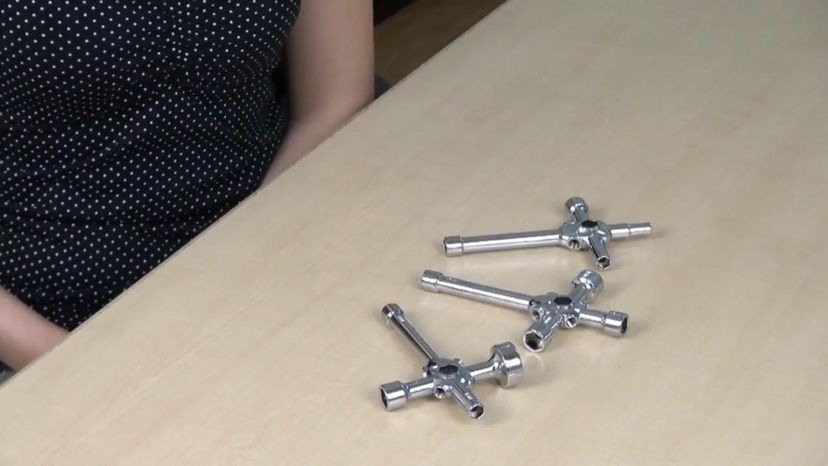
The PO plug wrench is used both to install and remove pop up or pop out plugs in a basin or tub. Each arm is designed to work best with a specific drain type.
Advertisement
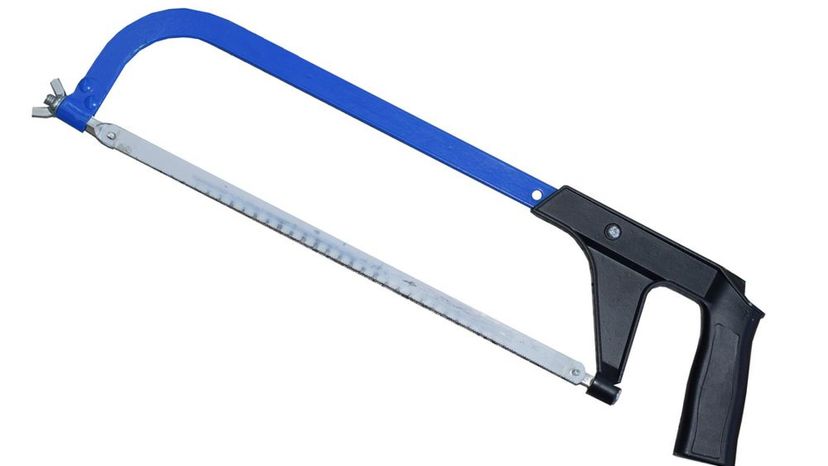
Hacksaws are very useful for cutting through pipes made of different types of material, including plastic and metal. The blades used in the hacksaw differ in terms of the number of teeth per inch (TPI) from 14 TPI for thicker materials to 32 TPI for thinner material.
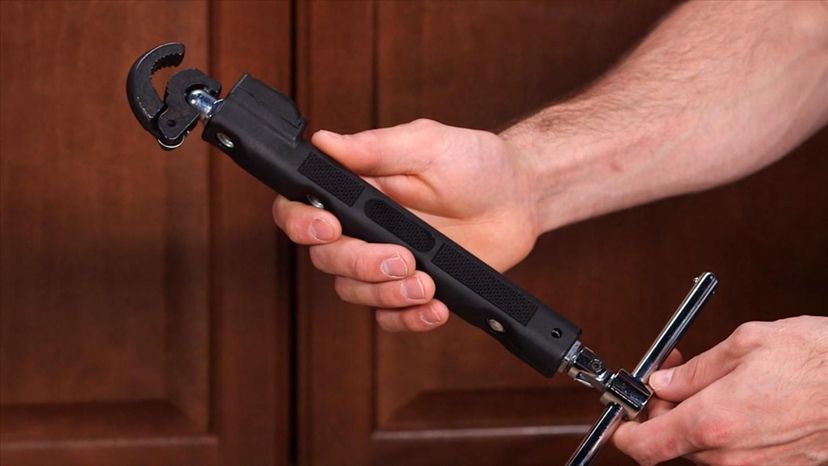
A basin wrench is indispensable when it comes to reaching the nuts and bolts on the underside of a sink or in other hard-to-reach or recessed areas. For this reason, it is often the only tool which can help to loosen and remove a faucet from a basin.
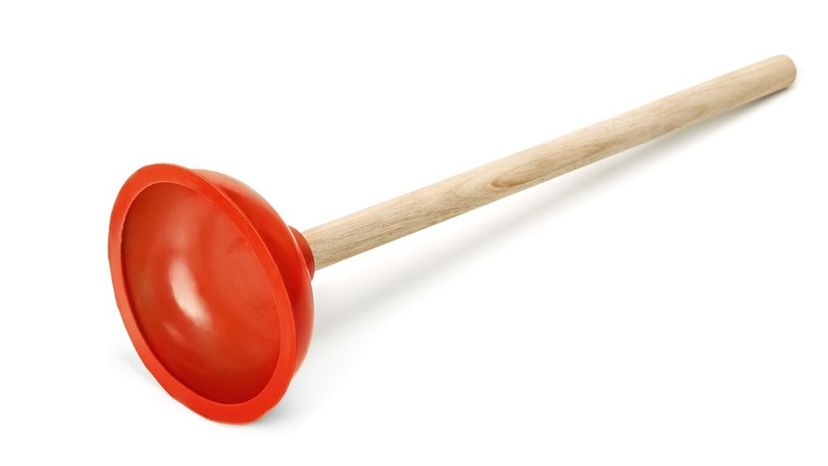
While it is sometimes possible to unclog a toilet using a sink plunger, the toilet plunger is specifically designed for the job. It works well on stubborn clogs because its extension flange below the cup helps to create a better seal around the toilet drain than a sink plunger can.
Advertisement
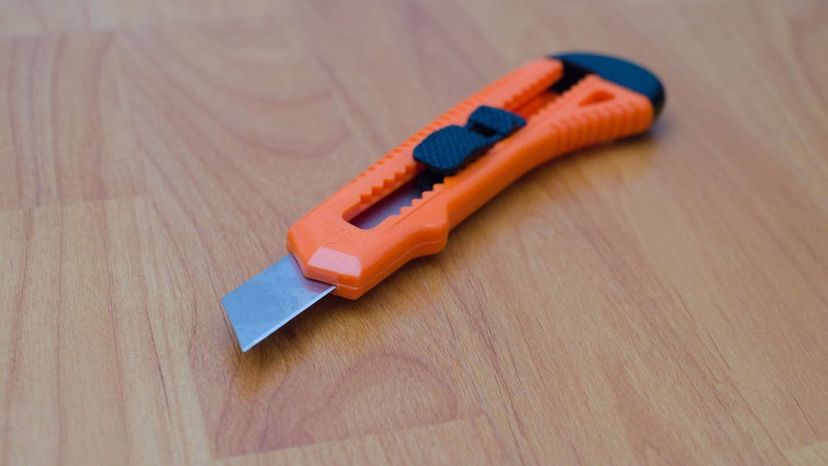
Utility knives are made with a fixed blade, folding blade or sliding blade. The blade is normally very sharp and useful for, among other things, cutting through PEX pipes.
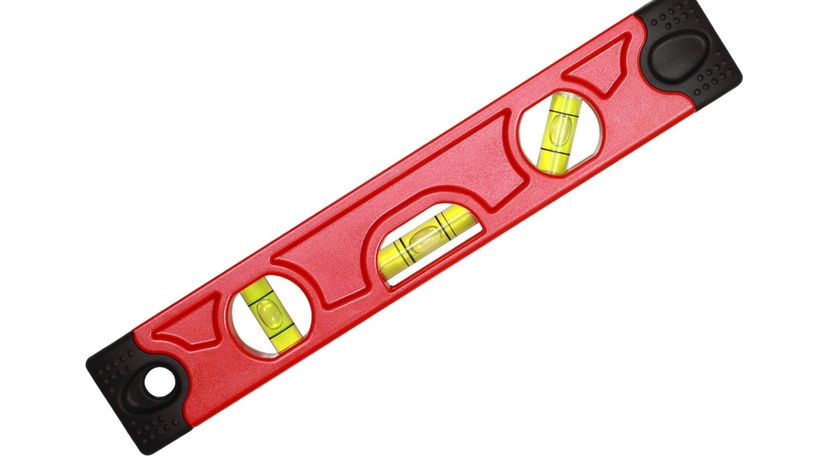
The spirit level or bubble level is used to determine if a line or surface is straight, whether horizontally, vertically or diagonally. The liquid used in a level is typically ethanol.
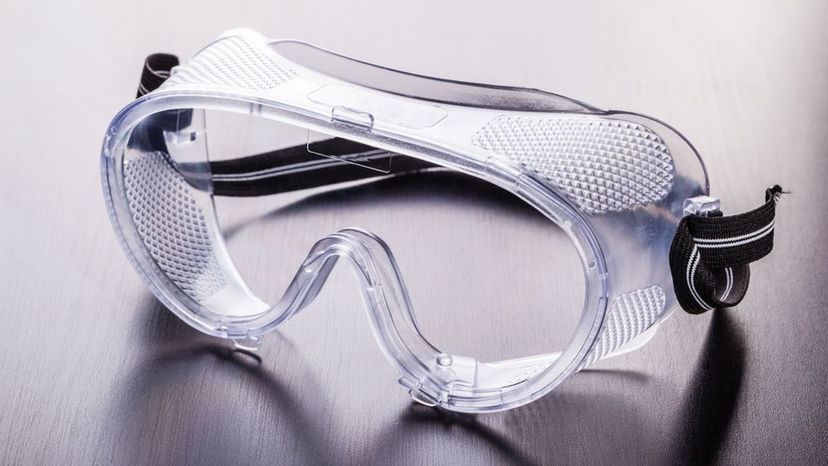
Eye protection comes in many forms, each providing varying degrees of protection from eye injury due to: sharp implements; dust and shards; as well as dangerous chemicals. Apart from safety goggles, there are also safety spectacles, hoods and face shields.
Advertisement
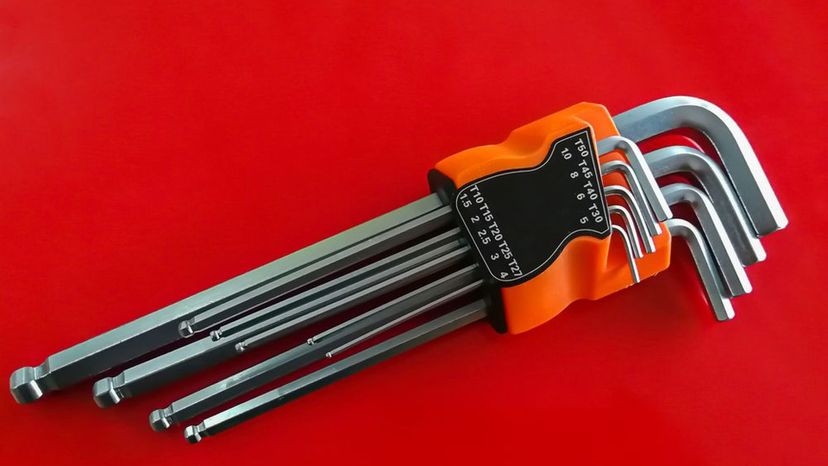
The hex key is also called an Allen key or an Allen wrench but it operates very much like a screwdriver. In fact, there are some screwdrivers with hex-shaped points for use with screws whose heads have hex slots in them.
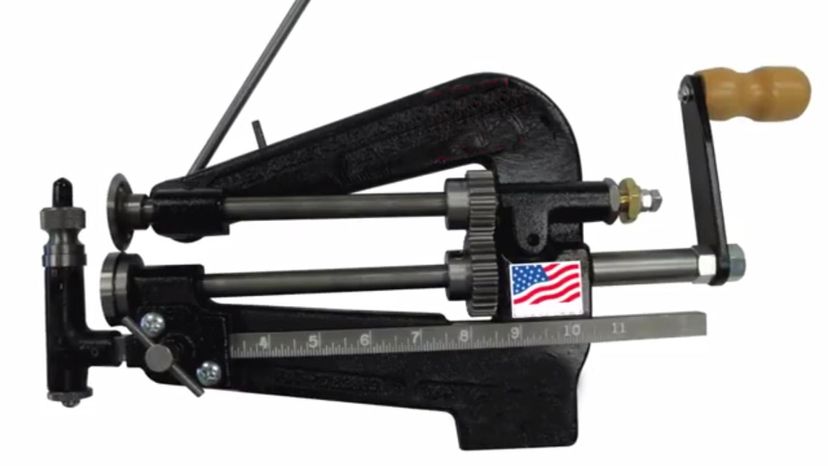
Gaskets create a seal between two surfaces and can be made from a variety of materials, including rubber, metal, paper, cork and fiberglass. A gasket cutter is usually made to cut a specific type of material - either metal or non-metal.
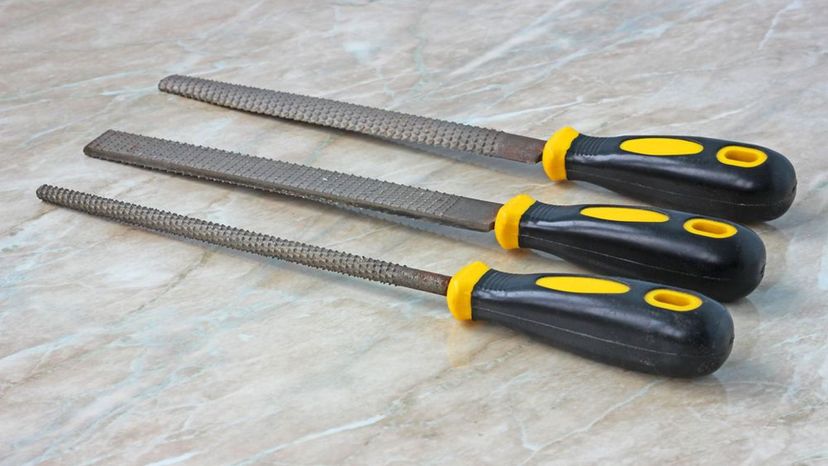
Single cut flat files have rows of parallel teeth, whereas double cut flat files have a second set of teeth crisscrossing the first. Double cut flat files are useful when you are shaping a piece of material and you need to remove a good bit of it with each stroke.
Advertisement
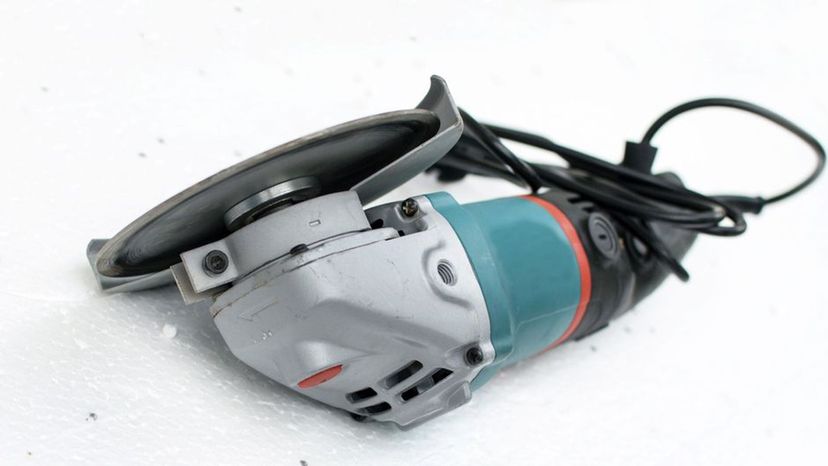
Angle grinders are small, handy power tools used for cutting, grinding and polishing various types of material. Attachments for the angle grinder, include sanding discs, polishing pads, diamond blades, grinding wheels and wire brushes.
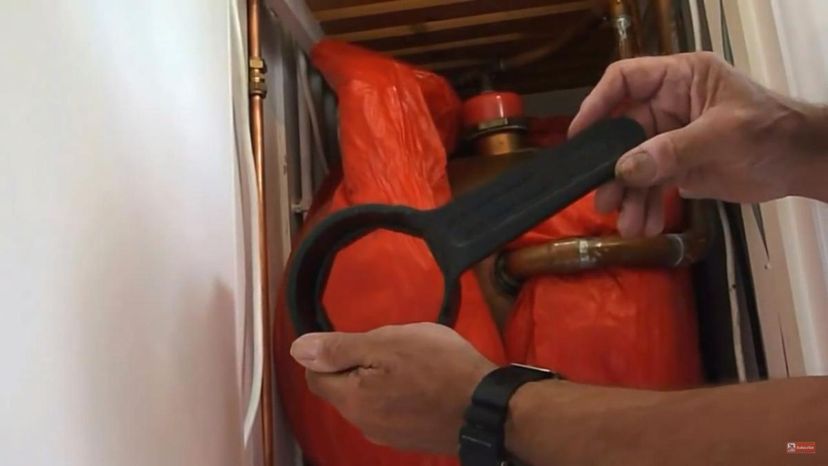
Immersion heater wrenches are used to tighten or loosen an immersion heater element on a hot water cylinder. They come in three types: cranked, ring and box.
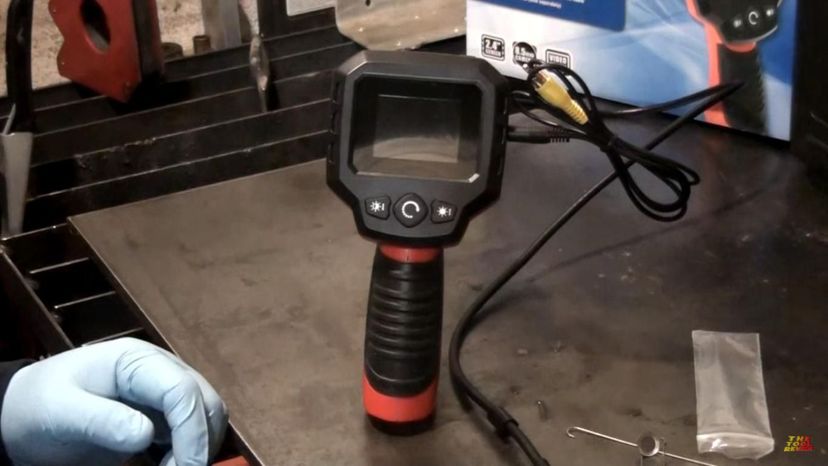
The inspection camera is fitted with a camera snake which varies in length, with some models offering snakes over 100 feet long. The camera allows the user to see inside holes, crannies and deep inside pipes or drains to locate blockages without the need to dig up or demolish existing infrastructure.
Advertisement
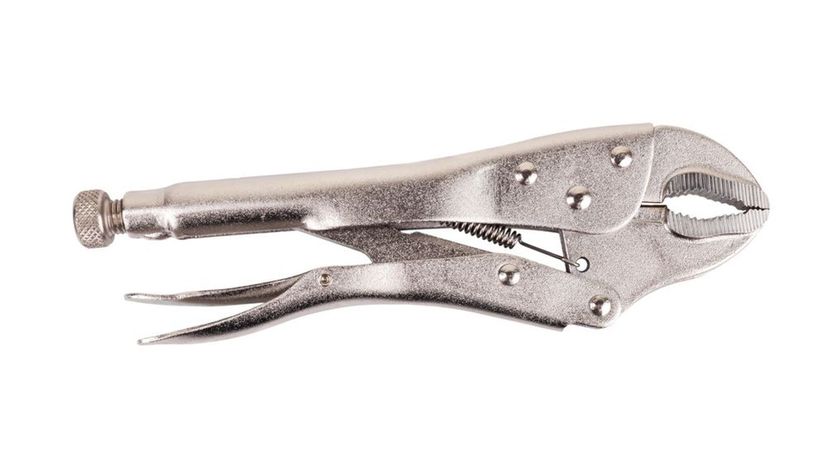
When nuts and bolts have become rounded and difficult to remove, then most plumbers might reach for a pair of locking pliers. They are very important to have when a job requires you to hold a work piece in place while still having both hands free. Locking pliers are sometimes called mole grips or vise grips.
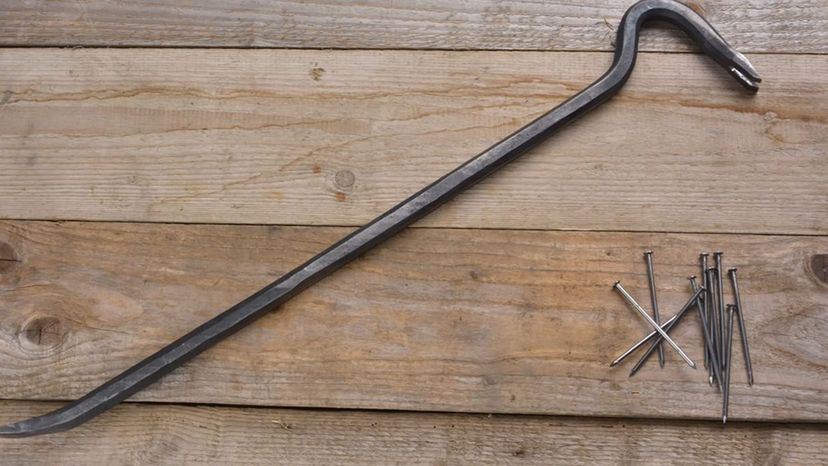
Most people use a crowbar as a lever to pry things apart. Since the crowbar is usually made with at least one split end, it is also very useful for removing nails.
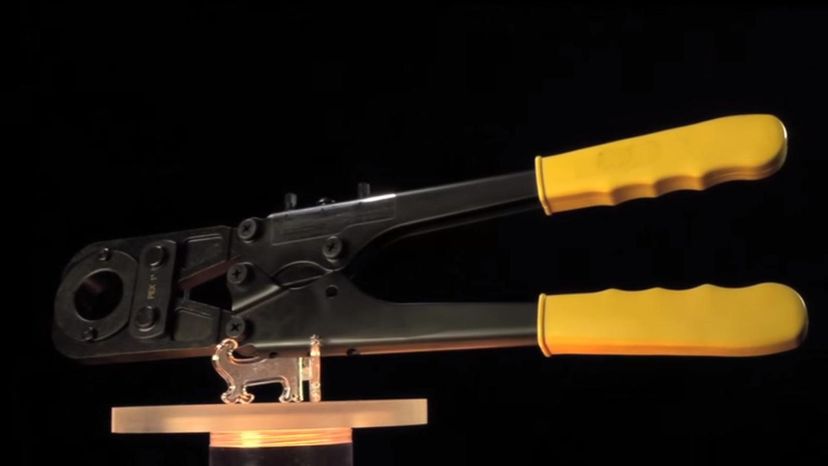
PEX crimpers are used to ensure there is a watertight seal when crimp rings are used on PEX pipes. The tool is used for this purpose only and so, while professional plumbers might have their own, homeowners doing DIY projects might prefer to rent one.
Advertisement
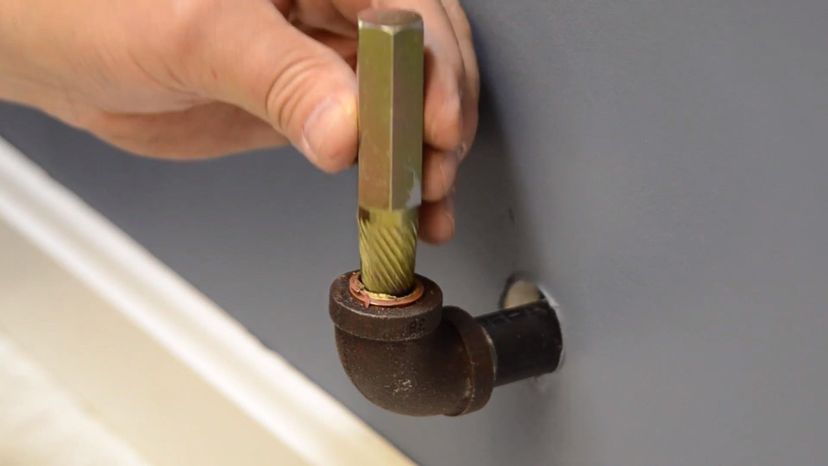
Pipe extractors are used to remove the end of a pipe which has broken off inside another pipe. They can get the job done whether the broken piece is threaded or unthreaded. Using a pipe extractor means there is no need to cut or rethread the intact pipe as it is left undamaged by the process.
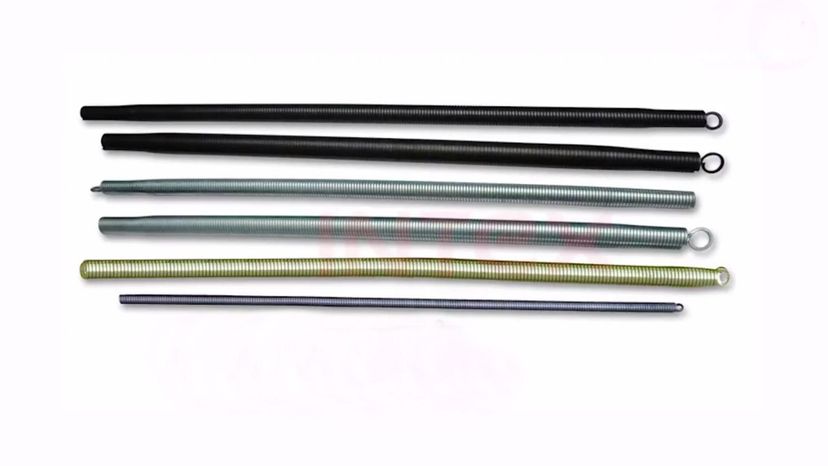
A pipe bending spring is not used to bend a pipe. Its function is to prevent the pipe from creasing or deforming while it is being bent. Pipe bending springs can be either internal or external, depending on the type of pipe to be bent.
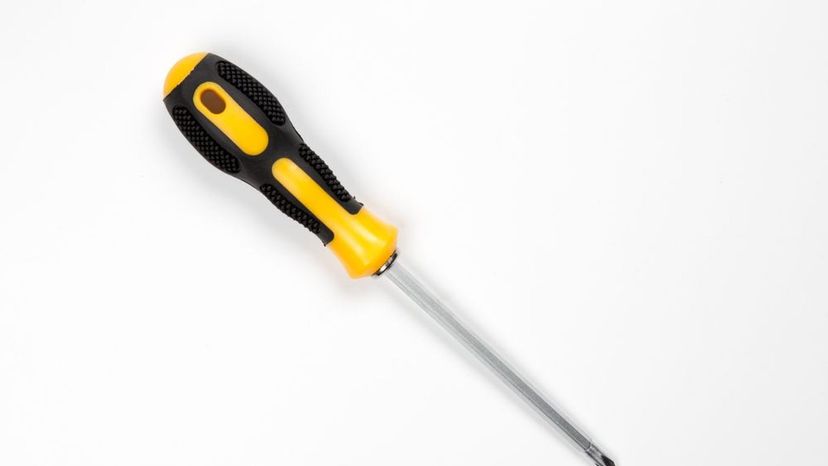
Screwdrivers vary in many ways, including the length of the shaft, the design of the tip and whether the tool is manual or electric. Two very handy screwdrivers for getting at hard-to-reach screws are a stubby screwdriver and a long Phillips head screwdriver.
Advertisement
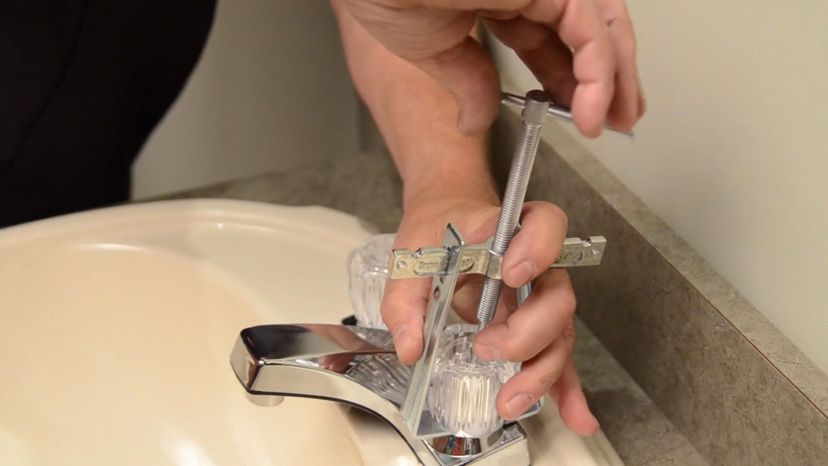
A faucet handle puller is an essential tool for a plumber to have when attempting to free a faucet handle which has corroded and become fused in the valve stem. The faucet handle puller can lift the seized handle off without damaging its finish.
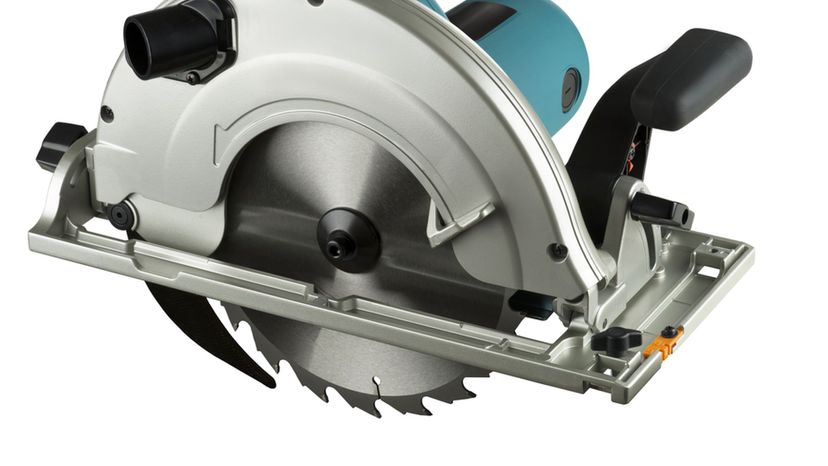
Circular saws do more than just cut through wood. By interchanging blades, the plumber can use a circular saw to cut metal, plastic and masonry.
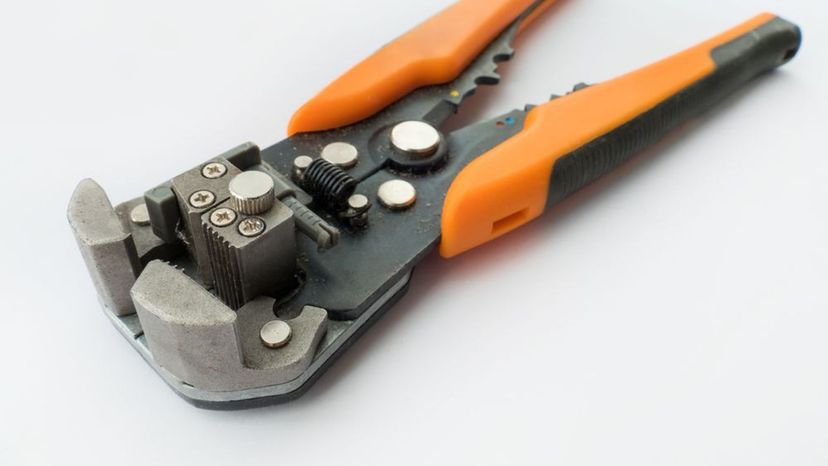
Wire strippers may be either manual or automatic, but they serve the same function - to remove the insulation from around electrical pipes. Care should be taken when using automatic wire strippers, however, as they can break thin wires.
Advertisement
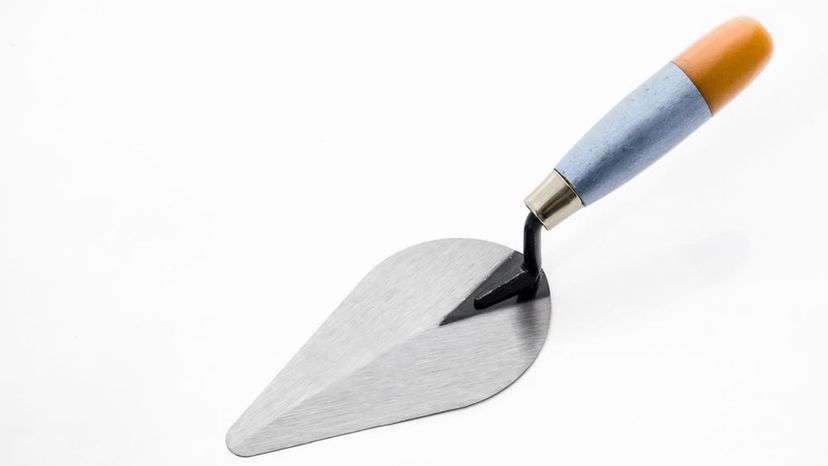
A trowel is a very useful tool when a job calls for shallow digging. There are many types of trowels to choose from -, triangular, rounded or rectangular, as well as flat or scooped like a spoon.
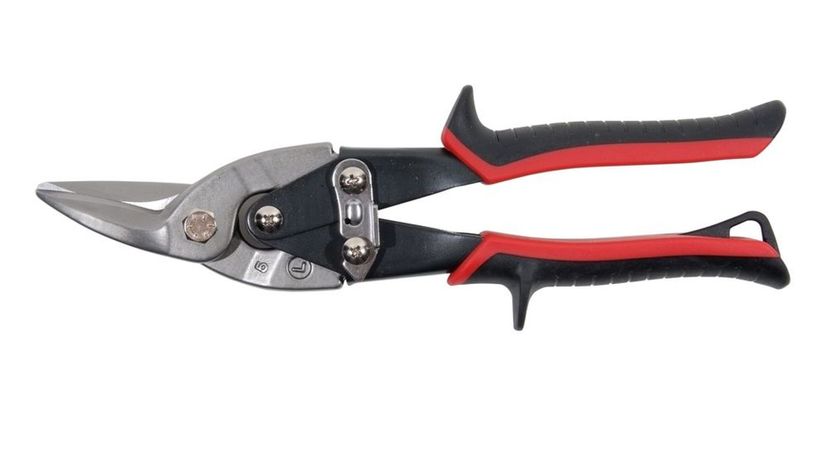
Tin snips are designed for cutting sheet metal. There is also another type of snips called double cut snips whose blades are set at an angle to the handle, and which are meant to be used as pipe and duct cutters.
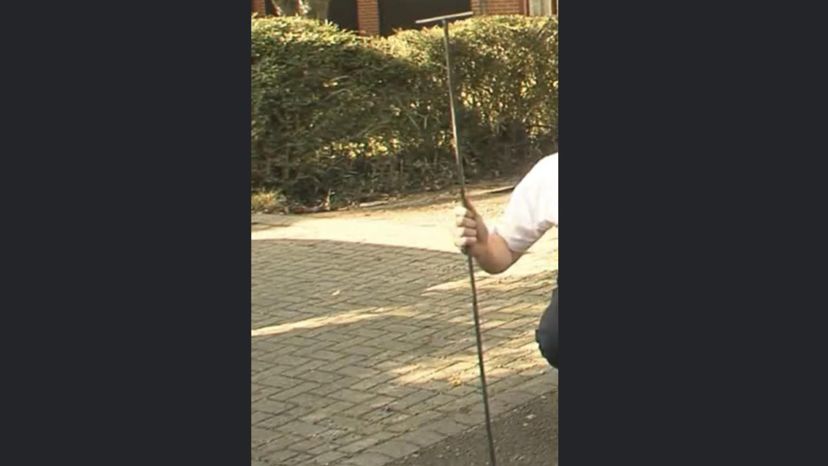
A stopcock key is used to turn a water main on or off. Its design makes it easy for the plumber to reach the water main stopcock, which is usually located in hard-to-reach places.
Advertisement
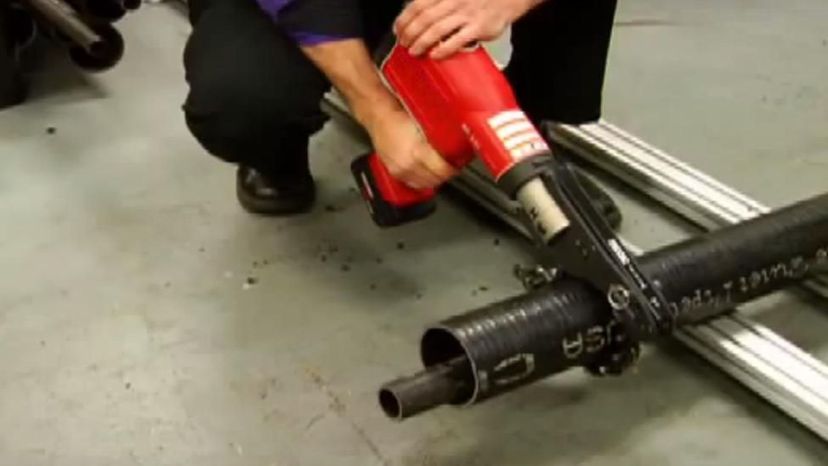
The soil pipe cutter isn't the only type of pipe cutter. There are also cutters for PVC, copper and steel. The chain of the soil pipe cutter is wrapped around the pipe to be cut, and when pressure is applied, the chain snaps the pipe in two.